Just because an organization issues a governance token that represents voting power in the organization's executive decision and makes that token tradable on the open market, that doesn't make that organization decentralized or autonomous. It just makes the governance token into a fancy stock share, and the organization into an unregulated corporation.
To be truly decentralized and autonomous, every proposal that is up for a vote MUST be able to be expressed in code. Its functions must be able to be audited and verified independently and openly by the community prior to voting, and it must be executed automatically on the blockchain as soon as voting concludes. The ONLY points of human interaction here are the initial proposal (in the form of a smart contract), the auditing of the smart contract by the community, and the actual voting. Everything else should be handled by the code of the smart contract.
If this is not the case, then the organization is not really a DAO, it's just an organization with a fancy-shmancy voting system that's functionally no different than traditional corporate stock shares. And that's a problem, because that is exactly why the SEC wants to crack down on DeFi.
In a real DAO, code is more than just law. Saying "code is law" implies it can be broken. But in a DAO, code literally cannot be broken because the DAO runs on the code. A DAO cannot break its own code anymore than a human can tell their red blood cells to stop carrying oxygen.
[link] [comments]

You can get bonuses upto $100 FREE BONUS when you:
💰 Install these recommended apps:
💲 SocialGood - 100% Crypto Back on Everyday Shopping
💲 xPortal - The DeFi For The Next Billion
💲 CryptoTab Browser - Lightweight, fast, and ready to mine!
💰 Register on these recommended exchanges:
🟡 Binance🟡 Bitfinex🟡 Bitmart🟡 Bittrex🟡 Bitget
🟡 CoinEx🟡 Crypto.com🟡 Gate.io🟡 Huobi🟡 Kucoin.


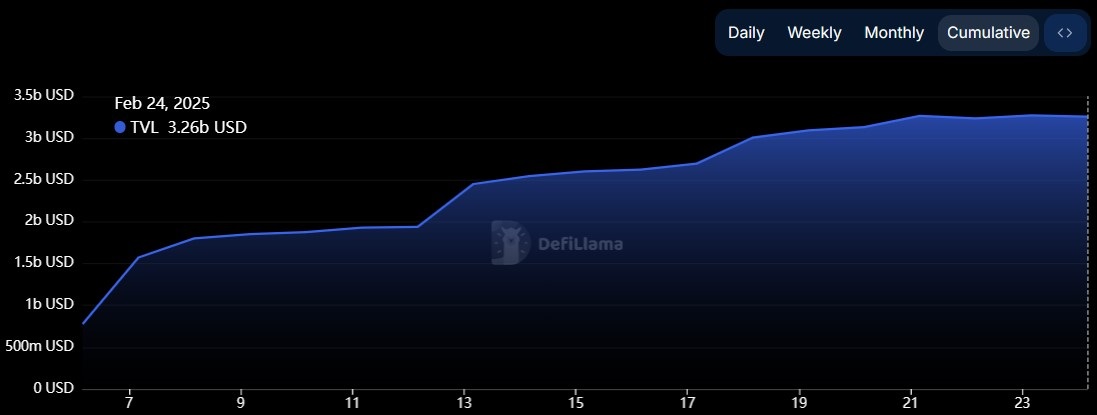



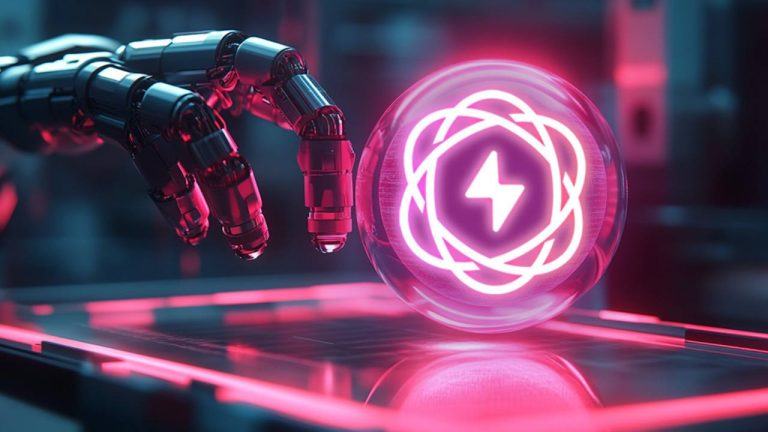
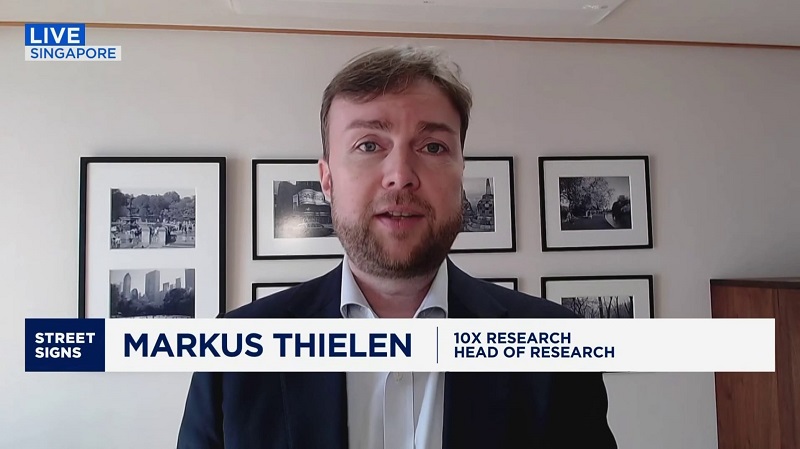
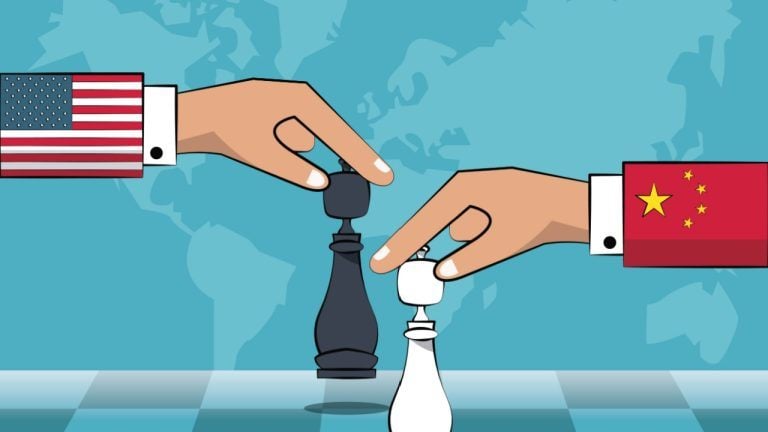
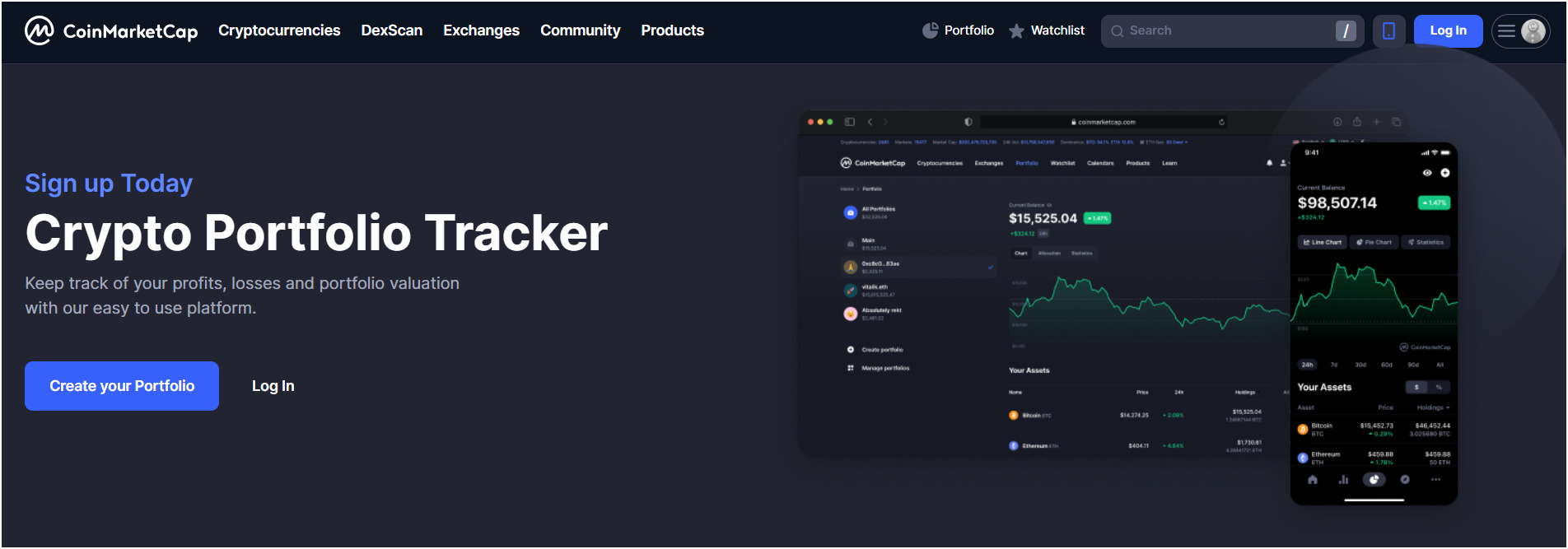

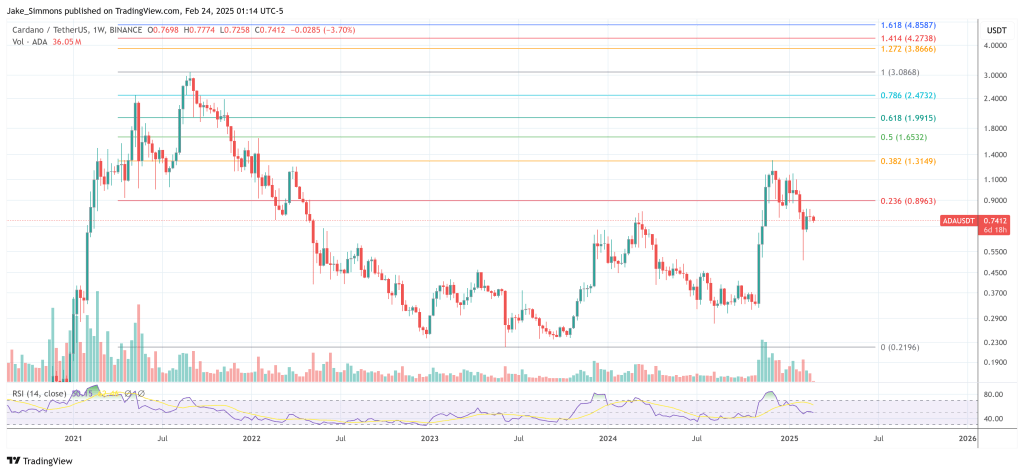
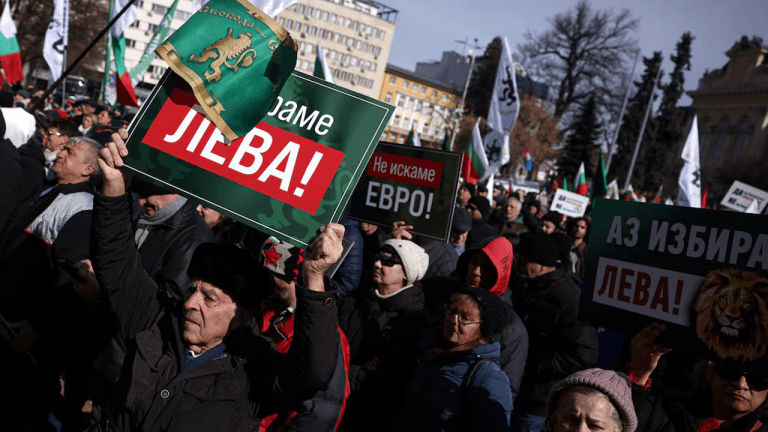



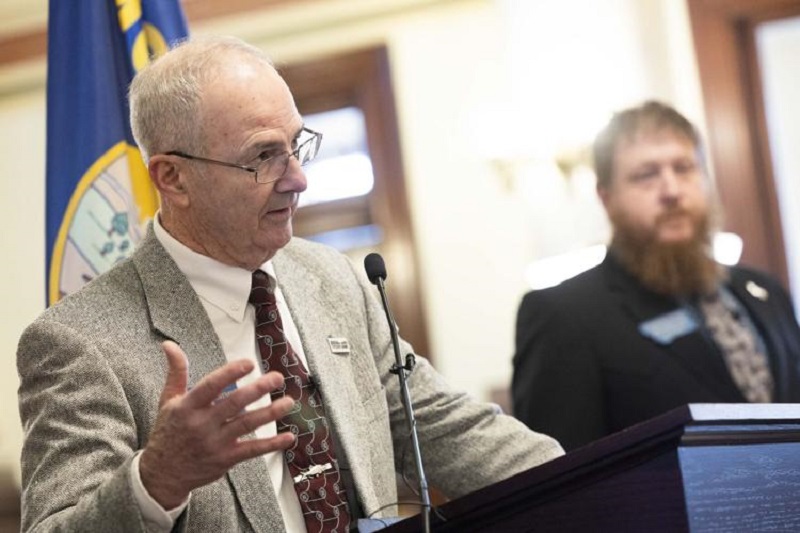
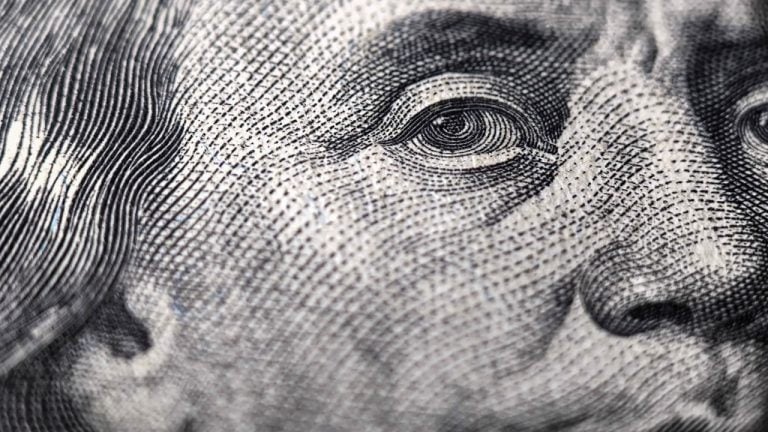
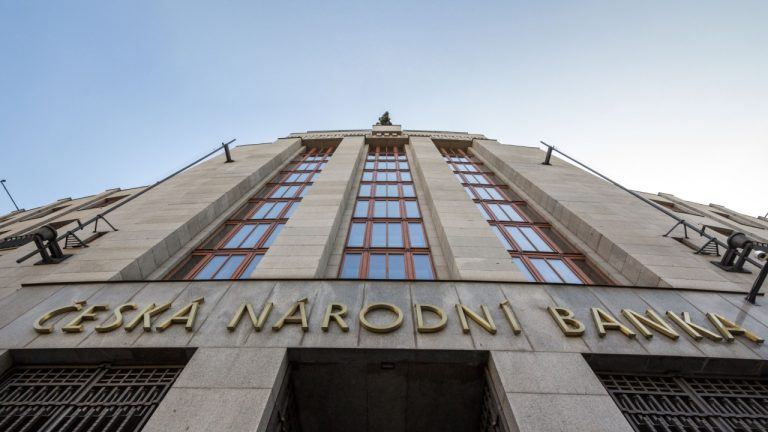
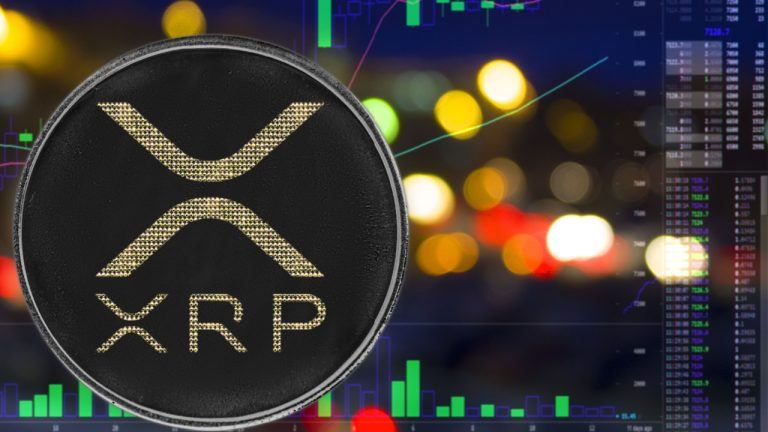
Comments